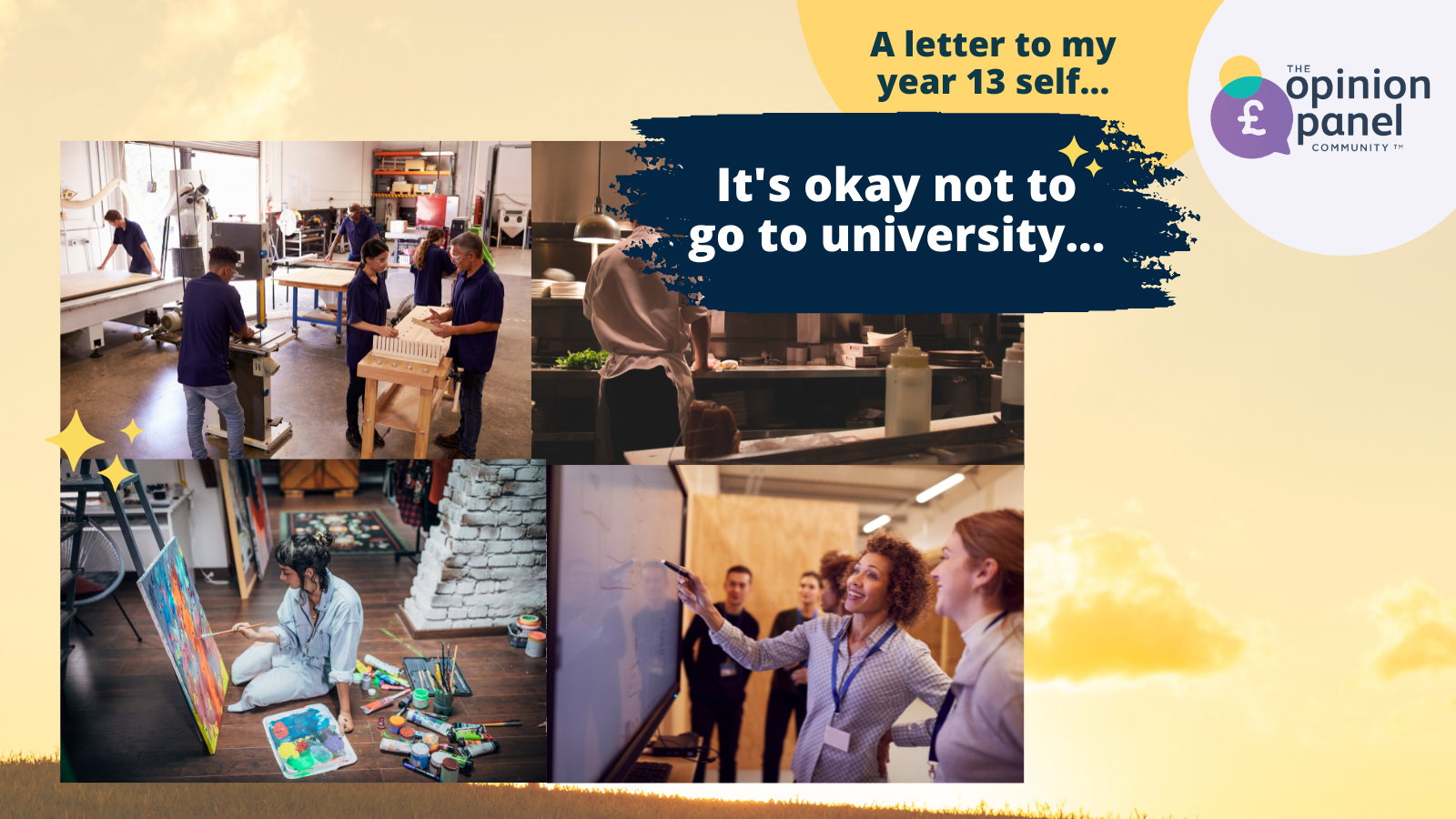
When you leave home, taking control of your finances can be both thrilling and daunting. The number of financial savings and investment options can be overwhelming but you shouldn’t procrastinate – financial literacy can be lucrative and surprisingly, kind of fun. The reality is that, whether you have £1 or £1000, it’s worth thinking about how to get the most bang for your buck.
Student Account
Some of my university friends didn’t have a student account and I couldn’t understand why – they offer interest-free overdrafts (trust me, you’ll need it at some point) and often a welcome perk (Santander offer a free 4-year railcard).
Student Discount
Sites like Unidays and TOTUM offer discounts for students on many companies online and instore. I bet even your local café or swimming pool offers some form of student reduction. Always ask – people expect students to be saving the pennies.
Cashback
Cashback websites work by giving you a percentage of the money back on a purchase you make, as a reward for clicking through their website. The best are QuidCo and TopCashback, but your bank might also offer this incentive when you buy from certain stores on your debit or credit card. It really works – I got £100 back from a broadband contract using cashback.
Surveys
This is a great way to make a bit of money on the side and can be easily fitted in when you have the time. I also really enjoy them, and they keep me up to date with the latest brand releases and current affairs. I use OpinionPanel (obviously), where you get pay-outs when you reach £25, YouGov, which takes a while but answer them consistently and you can get £50, and Populus, which again pays out at £50, albeit slightly sooner than YouGov.
Research
Psychology studies are a great little earner, and I made a lot of money being a human guinea pig at university. They were usually reaction-based studies on a computer, but one I just had to sit there and listen to piano music for an hour a week. While these might not be taking place in person at the moment, you can also participate online by registering for websites such as People For Research and Call For Participants.
Individual Savings Account (ISA)
Unfortunately Help to Buy ISAs are no longer available, but you can still open a Lifetime ISA (LISA). These are great if you have money that you’d like to squirrel away for a house one day (our generation can dream). For every £4 you put in, the government contributes £1, up to a maximum government contribution of £1000 every tax year. It’s well worth getting the clock ticking on these accounts, as they also offer interest rates of around 1%. However, once the money has been put into the account, you face a 25% penalty on any money you take out that isn’t subsequently used for buying a property, so be sure you don’t need the money in the short-term.
Separate Bank Accounts
Getting the text that your student loan is on its way is undoubtedly a moment of joy and relief, but though a healthy bank account is nice to look at, it’s hard to budget this way. I like to use a different bank account to keep the bulk of my savings, and then my student account to live out of, so that I can pay myself a set amount a month to spend on food and fun.
Do you have any other lucrative money saving and earning tips? Share them in the comments below!
Click here if you’d like to know more about sending your article through to us to be published. Remember, there’s a chance to win £50!






I think that financial literacy is a skill that should be taught in school, so that students are better equipped to deal with life in the real world, i.e., family, paying bills, saving for a rainy day, preparing for crises such as a global pandemic and consequent recession. This article is very timely and has a lot of principles that young people can apply in their own journeys towards financial independence and prosperity.